I had a cancer scare two and a half years ago. Fear gripped my heart when I realised the doctor suspected endometrial cancer. Fears of chemotherapy–and, perhaps worse, death. My youngest daughter was just 12. I was by no means ready to die.
And I lay down, and “saw” a vision. Christ walking towards me on the dark waters. And he said, “It is I. Do not be afraid.”
I took that to mean that I did not have cancer, and fear left my heart.
The biopsy results took six weeks to arrive. A friend who worked in that department told me that I would get my results earlier if I called. Roy urged me to call, but I had lost interest. I had seen Jesus and he told me not to be afraid.
When the letter arrived, all was well.
* * *
Oh Jesus, oh Jesus, why did I not revise my life? Change my diet, cut fat and sugars, become active and lose weight. Oh Jesus!
So I reach a state of exhaustion this August, and I keep telling Roy, “I think I have cancer. Nothing else can explain the progressive exhaustion despite a good, good diet.” My short daily walk was exhausting me.
I go to the doctor. I am severely anaemic. I have a colonoscopy. They find a very large polyp. It has been growing for years by the size of it. The doctor looks at it, and says it has a Type V pit pattern, the worst incidentally, correlated with malignancies.
The biopsy results take 23 days to arrive—just long enough for hope to spring up in my heart, hope for a second chance to be healthy and revise my life.
The nurse hears the tremor in my voice, and says the results are “highly suspicious” of cancer. Was she being kind? Oh I prefer the truth, no matter how brutal.
So I am to see a surgeon on November 13th for another colonoscopy and to plan on how to remove the 6 cm polyp. The nurse thinks it will probably involve major surgery, scheduled for November 25th or December 9th.
This dismays me. I have so little energy, and exercise is hard for me, anyway. How on earth will I exercise while recovering from surgery?
* * *
Anyway, when I first got the call saying the anaemia was severe, and I should have a colonoscopy, I was filled with fear, and lay face down on my bed.
And, like the previous time, I “saw” Jesus walk towards me on the waters. And he said, “Take courage. It is I; do not be afraid.” (Matt. 14:27)
And like Peter, I saw myself walk towards him on the waters, and grow afraid, and begin to sink.
And Jesus held my hand, and said, “You of little faith. Why did you doubt?”
So that was the image and the comfort. Not a clear sense of “No cancer,” as last time, alas, but this comfort: Jesus will hold my hand through this. I will walk on the waters of what is to come, holding Jesus’s hand.
* * *
So that’s where I am. You see posters, “I don’t just hope for miracles. I rely on them.” Well, increasingly, that’s the way I live, relying on miracles.
So I am praying for a miracle–that when the surgeon looks at the polyp on November 13th, it will have shrunk. That God will change the molecules of the polyp so that when they are biopsied again, they will prove not to be malignant. (He IS a molecular biologist. He changed the molecules of water to wine; of bread, so it fed five thousand.)
There are three types of surgery: snaring the polyp via endoscopy, but the team thinks it’s too large for that. There is keyhole surgery, which would remove it with minimal intervention. Or, horrors, removal of that section of the colon, which is what the nurse thinks might happen. NO, Jesus!!
And, of course, cancer is Mordor, the Land of Shadows and Darkness. There are other possibilities which I am refusing to contemplate until I have to.
So, if you are a person of ridiculous faith, please could you pray that the polyp will shrink, that God will change its molecules so that it is not malignant, and that it will be removed with minimal surgery.
* * *
The risk factors for colon cancer are red meat, a high fat diet, being overweight, and being sedentary. Readers, you can be jolly sure that I will not be eating red meat, will not be eating high fat, and will not be sedentary. Oh no, I will not! As for being overweight, if I can figure out what to do to shift my weight, I will. Oh yes, I will.
Fortunately, the things which minimise one’s risk of colon cancer—fruit, vegetables, bran, cruciferous vegetables, onions, are also things that are great for one’s health.
So if I get out of this shadow alive, I am jolly sure I will be a healthier girl. And if you could pray with me that the horror will be minimal, I will be so grateful!!






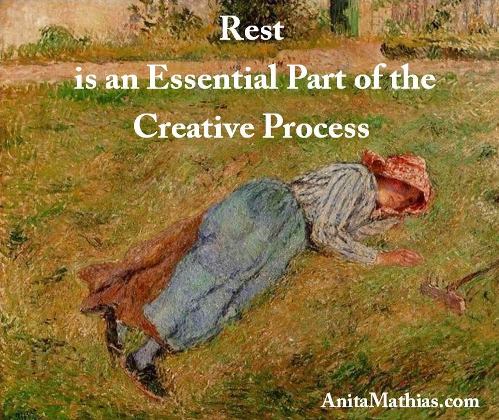

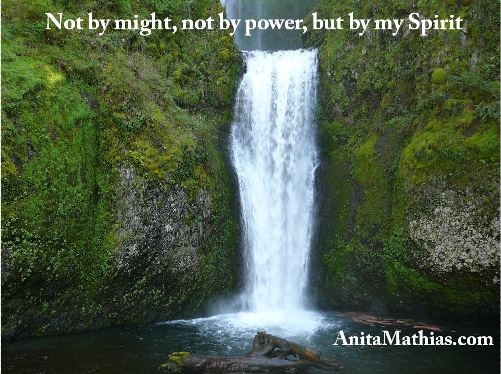 Ah, Sunday. One day in seven in the divine economy. One day to acknowledge that we do not ultimately own our lives or our careers. We can not control them, not really. We cannot make ourselves rich or successful or famous or beautiful, or else the world would be full of super-rich, super-famous, beautiful people. Why even true art is beyond our control, or the world would be awash in it. And in this world of polluted food supplies, even our health is partially out of our control. Cancer strikes gourmets and gluttons; foodies and fast-foodies;
Ah, Sunday. One day in seven in the divine economy. One day to acknowledge that we do not ultimately own our lives or our careers. We can not control them, not really. We cannot make ourselves rich or successful or famous or beautiful, or else the world would be full of super-rich, super-famous, beautiful people. Why even true art is beyond our control, or the world would be awash in it. And in this world of polluted food supplies, even our health is partially out of our control. Cancer strikes gourmets and gluttons; foodies and fast-foodies; 
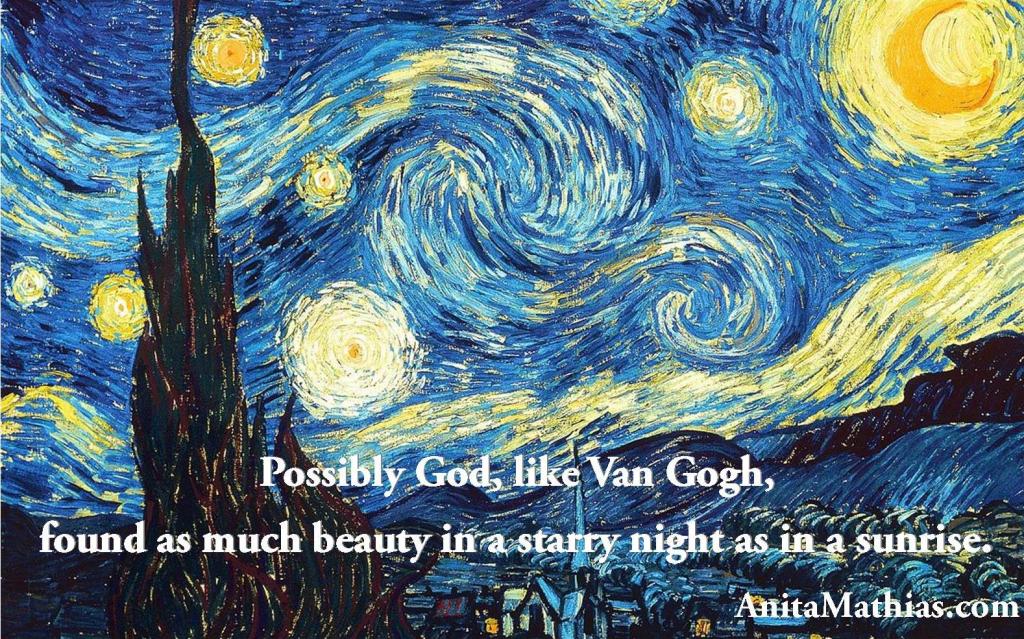 In the beginning…
In the beginning…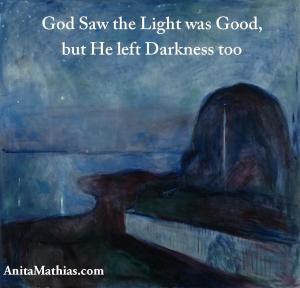

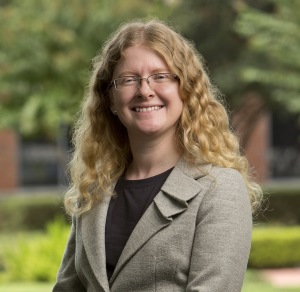


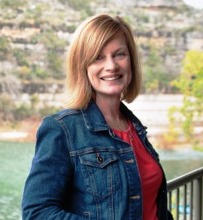 Photo of Laura by
Photo of Laura by 
